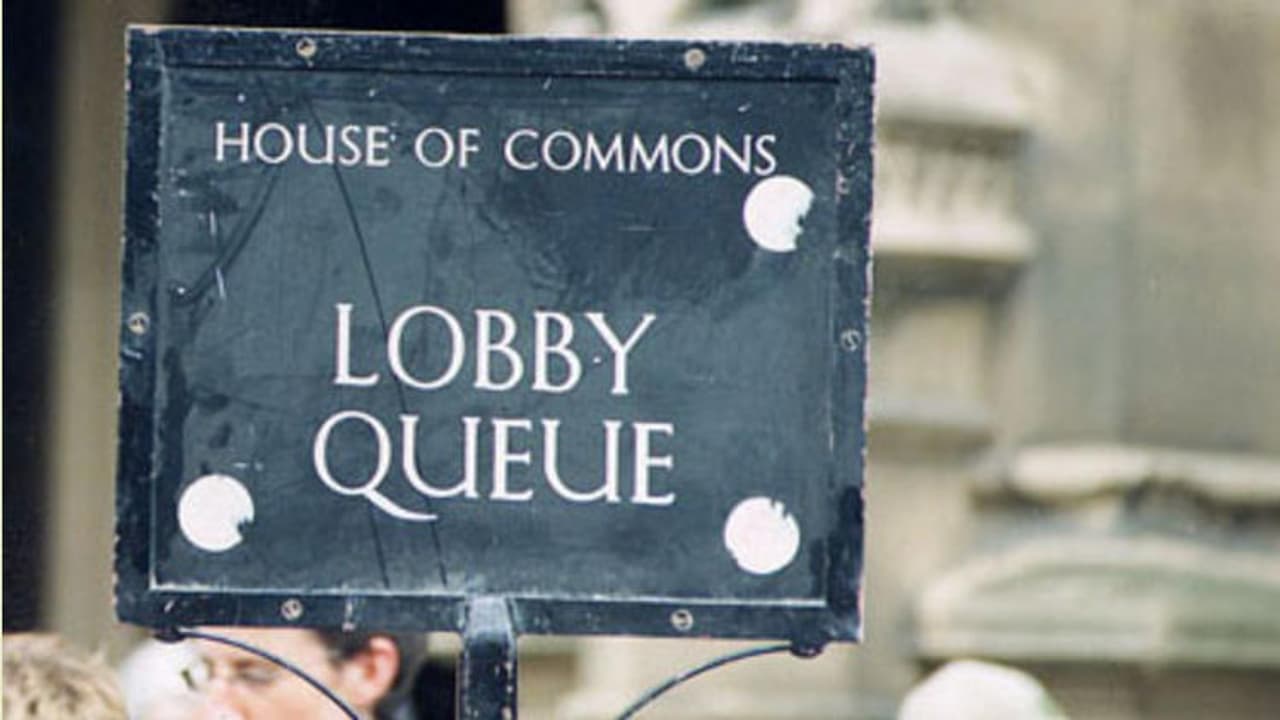
Members’ Passes explained
You’re not on the list – you’re not coming in.
When it was set up seven years ago those behind the former MPs pass scheme had entirely honourable intentions. They wanted to make the transition from being an MP one day to being unceremoniously ejected from the House of Commons the next a little bit easier.
So the idea was that former members could apply for passes which would still allow them limited access to Parliament to meet former friends and colleagues.
They could also book House of Commons restaurants for family members on certain days of the week and not have to ignominiously queue outside to get into Westminster.
But the system is open to criticism. Many former MPs – perfectly legitimately – have chosen to use the skills and knowledge they gained in Westminster to take roles advocating causes and businesses which will bring them into contact with their former colleagues. Or lobbying to put it in a blunt way.
And because there are few checks on their comings and goings there is no way of knowing if this rule is being observed.
This potential conflict could be easily resolved if those MPs who hold passes were required to declare their business interests in the same way which serving MPs, journalists, and Parliamentary support staff that have access to Parliament already have to.
If you did this you could relax the ban on former MPs with passes using them to lobby (which is basically unenforceable) – because the system would be transparent.
There are some signs that the powerful Commons Committee on Standards will look into this in the New Year and are sympathetic to the idea of change.
It cannot come too soon because the problem is not the lobbying it is the secrecy.




